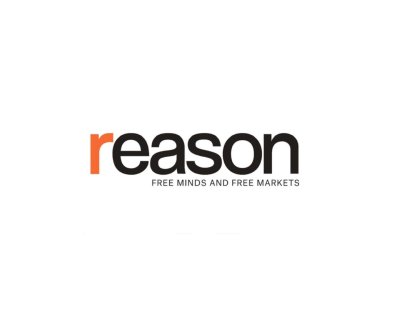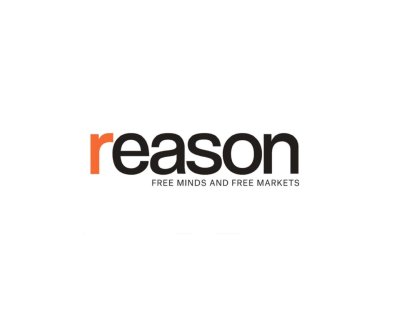On Medical Fallacy
Readers of LRC have long been treated to dissertations from the Midwestern Doctor that run counter to the medical ‘Conventional Wisdom’. I myself suffered through many years of seeing poor quality medical research. I was hired by an elite private medical center in 1999 specifically to fix the Clinical Trials software purchased from another elite private medical center but were unable to deploy because it did not work. It was my introduction to research in the medical world. Disclaimer: I do not now and never had have a phd, but I am good at applied mathematics and do know how to make computer systems work. I have spent a fair portion of my professional life in research. This was the background I brought to medicine; math, computers and total lack of healthcare knowledge beyond finding my doctor’s office. What I learned in the first fifteen years was eye opening and not in a good way.
Jakob Bernoulli was an 18th century Swiss mathematician that first recognized that statistical correlation is not causation. It was named after him Bernoulli’s Fallacy. There is a superb book on this topic on Amazon; well worth the $30 cost. Here is a great example of the correlation issue: all criminals breathe oxygen thus anyone that breathes oxygen is a criminal. Clearly bad logic. The correlation is criminals and breathing oxygen; the illogic is equating breathing oxygen with criminality. What Bernoulli was really saying is look at the data and draw conclusions from it. This is also known as Bayesian statistics. Not doing this is the province of speculation a fancy word for guessing.
I soon learned that modern medicine has ‘biostatistics’. After a little research I realized why: mathematical
Article from LewRockwell

LewRockwell.com is a libertarian website that publishes articles, essays, and blog posts advocating for minimal government, free markets, and individual liberty. The site was founded by Lew Rockwell, an American libertarian political commentator, activist, and former congressional staffer. The website often features content that is critical of mainstream politics, state intervention, and foreign policy, among other topics. It is a platform frequently used to disseminate Austrian economics, a school of economic thought that is popular among some libertarians.




